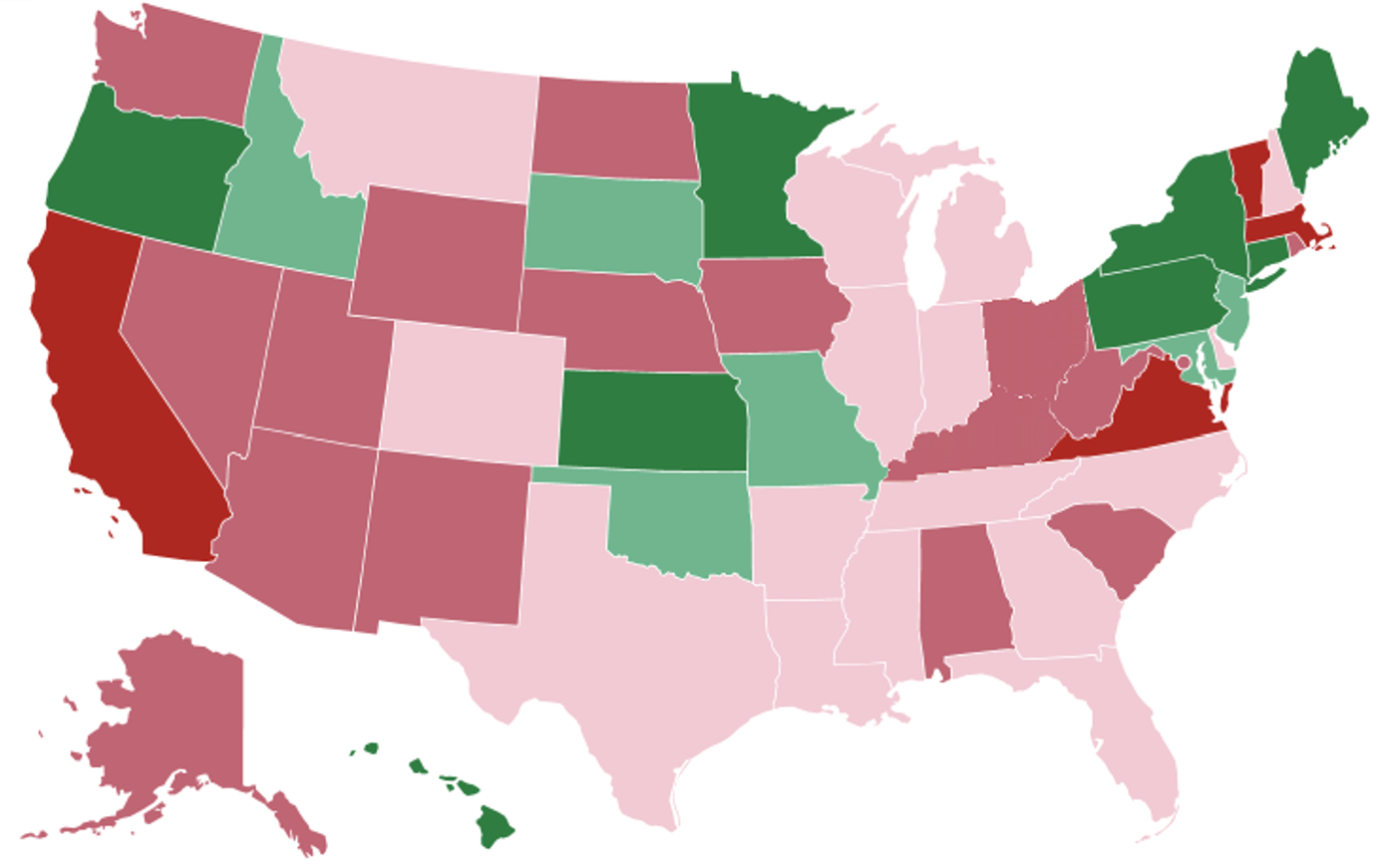By Kelly Goss, J.D., LL.M., Western Region Advocacy Director
If you’re a dialysis patient under age 65 looking to purchase a Medigap plan, DPC’s new interactive Medigap Report Card will help you understand the availability of Medigap coverage in your state.
Medicare Supplemental Insurance, or Medigap, is provided by private insurance companies to help Medicare enrollees cover their out-of-pocket “gap” costs – such as copays, coinsurance, and deductibles – not covered by Original Medicare.
Providing accessible and affordable Medigap coverage is critical to ensuring patients with End Stage Renal Disease (ESRD) can fully cover the cost of their care, since Medicare alone only pays for 80 percent of an individual’s health care costs. Medigap coverage not only offers dialysis patients greater financial security and stability, but also increases access to kidney transplants since secondary coverage is almost always needed to cover the cost of a transplant, ongoing medical care, and immunosuppressant drugs.
While federal law requires insurers to offer Medigap coverage to Medicare enrollees upon turning age 65, that protection does not extend to individuals under age 65 who are Medicare enrollees due to a diagnosis of ESRD or qualifying disability. Rather, individual states determine Medigap insurer requirements for patients under age 65, resulting in varying rules and fragmented coverage across the country.
As the Medigap Report Card map (opposite page) highlights, of the 30 states (states with grades A, B and C) that require insurers to offer some degree of Medigap coverage to those under age 65, fewer than half require affordable premiums. Worse, 20 states and the District of Columbia (those with grades D and F) do not require insurers to offer Medigap coverage to Medicare enrollees under age 65; if plans are available in these states, premium rates are significantly higher for those under age 65 since there is no state law to provide patients with premium protections. The inability for dialysis patients under age 65 to access affordable Medigap plans creates significant barriers and further exasperates health inequities.
To help address these disparities in Medigap access, DPC is advocating in support of legislative efforts to at both the state and federal level to provide all ESRD patients with access to affordable supplemental insurance, which would lead to improved health outcomes and lower health costs.
In summary, DPC’s Medigap Report Card provides patients and policy makers with an interactive map to check the availability and affordability of Medigap coverage in each state in order to learn what, if any, protections currently exist. Using this information, patients can then work directly with lawmakers to secure patient protections and improve access to affordable Medigap plans.
Visit DPC’s Report Card on Medigap Coverage: https://www.dialysispatients.org/medigap.




